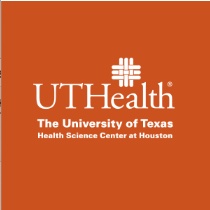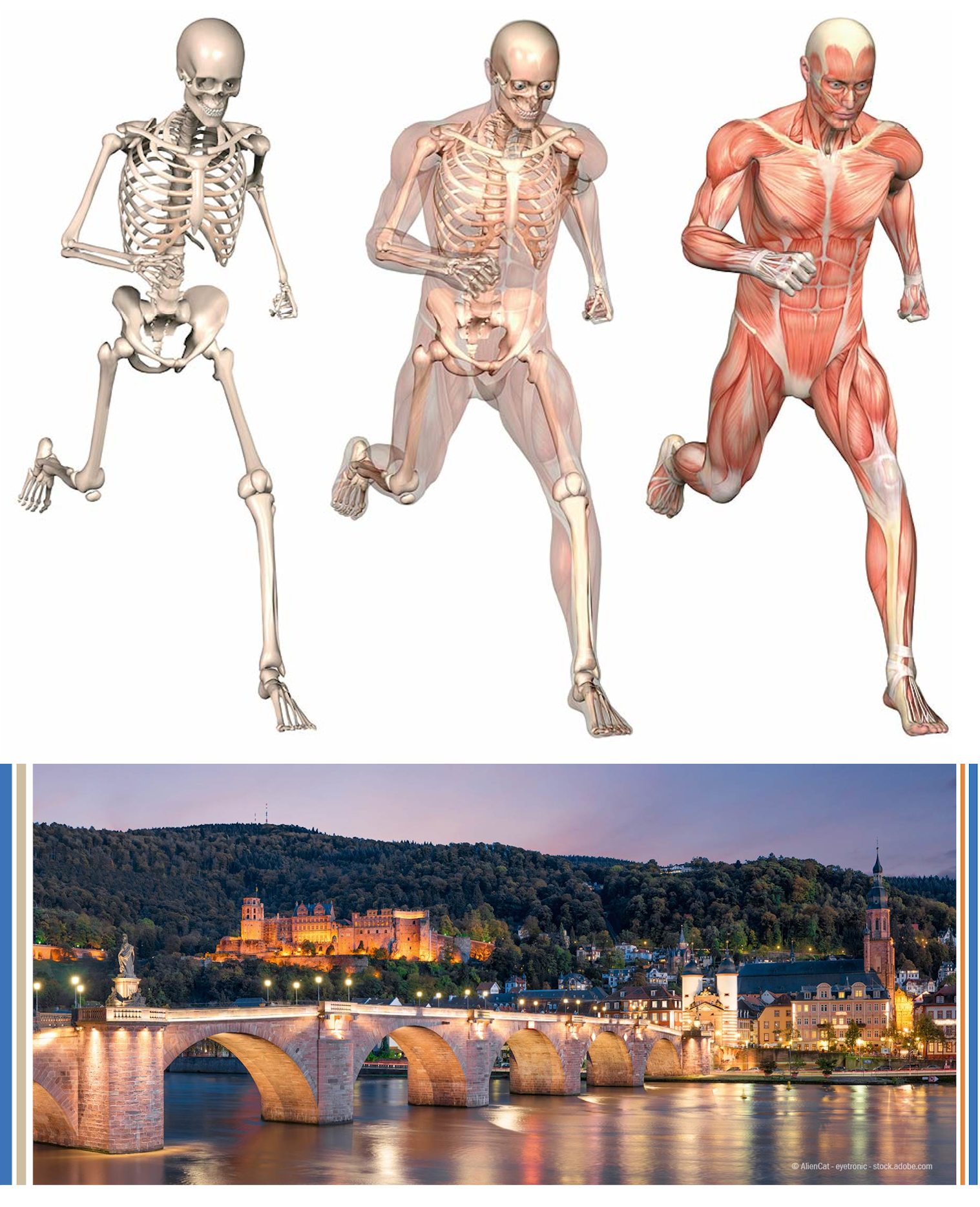searched for The Clinic for Orthopaedics and Trauma Surgery, Movement Analysis Laboratory.
The position is financed by the German Research foundation (DFG) and is limited for three years.
The division Movement Analysis directs two movement laboratories performing instrumented 3D gait- and movement analysis for research and clinical application. In the traditional gait laboratory patients with neurologic movement disorders are monitored for orthopaedic treatment planning and outcome control. In the second laboratory – designed as course with inclines and stair cases – patients with lower limb prostheses are monitored both for research and therapeutic treatment. A big archive of patients’ data including, gait data, clinical tests and treatment reports, is available for a period of more than 25 years.
Within a new research project, our aim is to assess Electromyography (EMG) signals in patients with cerebral palsy during walking to have a better understanding of EMG patterns. We aim to perform feature-oriented analysis framework for setting EMG data in context with clinical measures of joint ranges of motion, muscle strength, and spasticity as well as with gait features.
Possible candidates should hold a Master’s degree in mathematics or engineering, preferably Medical engineering, Computer or Robotics. Having strong background in machine learning and datamining techniques and programming skill especially in Matlab are required. Having knowledge in movement science would be plus. Candidates must be prepared for team work in a clinical setting.
Knowledge of German is not a formal prerequisite but the willingness to pick up the language will ease the work significantly.
- Job-ID: V000009585
- Field of application: Zentrum für Orthopädie, Paraplegiologie und Unfallchirurgie
- Location: Heidelberg
- Start date: 01.07.2022
- Job Category: Science and teaching
- Working hours: Part time (65%)
- Published: 19.05.2022
- Limitation:Temporary
- Contract:TV-L
Contact & Application
Questions may answer Dr. Firooz Salami: Firooz.Salami@med.uni-heidelberg.de
Interested?
Please send your application including letter of motivation, CV and copies of certificates and references at best electronically as single PDF by email entitled ‘PhD Position, Muscle activation patterns in gait with cerebral palsy.
Zentrum für Orthopädie, Paraplegiologie und Unfallchirurgie
Prof. Dr. Sebastian Wolf
Sebastian.Wolf@med.uni-heidelberg.de
We stand for equal opportunities. Severely disabled persons are given priority in the case of equal suitability. The University Hospital aims to generally increase the proportion of women in all areas and positions in which women are underrepresented. Qualified women are therefore particularly encouraged to apply. Full-time positions are generally divisible, unless there are official or legal reasons to the contrary.













